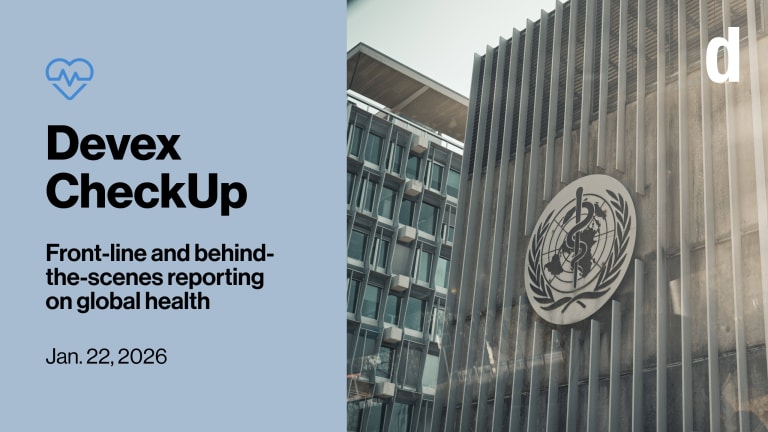With the Ebola crisis still far from unresolved, Devex spoke to the scientist who helped to discover the Ebola virus almost four decades ago to learn more about what the global development community needs to do right now to tackle the disease.
Peter Piot, director and professor of global health at the London School of Hygiene & Tropical Medicine and founding director of UNAIDS, traveled in 1976 to Zaire — now Democratic Republic of the Congo — to help quell an outbreak that was rapidly spreading from village to village. After identifying the virus from a Belgian nurse, Piot’s team put infected people into quarantine and was able to contain the epidemic within three months and after the disease had killed over 300 people.
Here are Piot’s four pieces of advice for the ongoing international effort to contain Ebola in West Africa and beyond:
Read more #HealthyMeans articles:
● Ebola — an opportunity to improve primary health care
● Ebola puts humanitarian supply chains to the test
● Ebola: Why we must play the long game
Search for articles
Most Read
- 1
- 2
- 3
- 4
- 5








